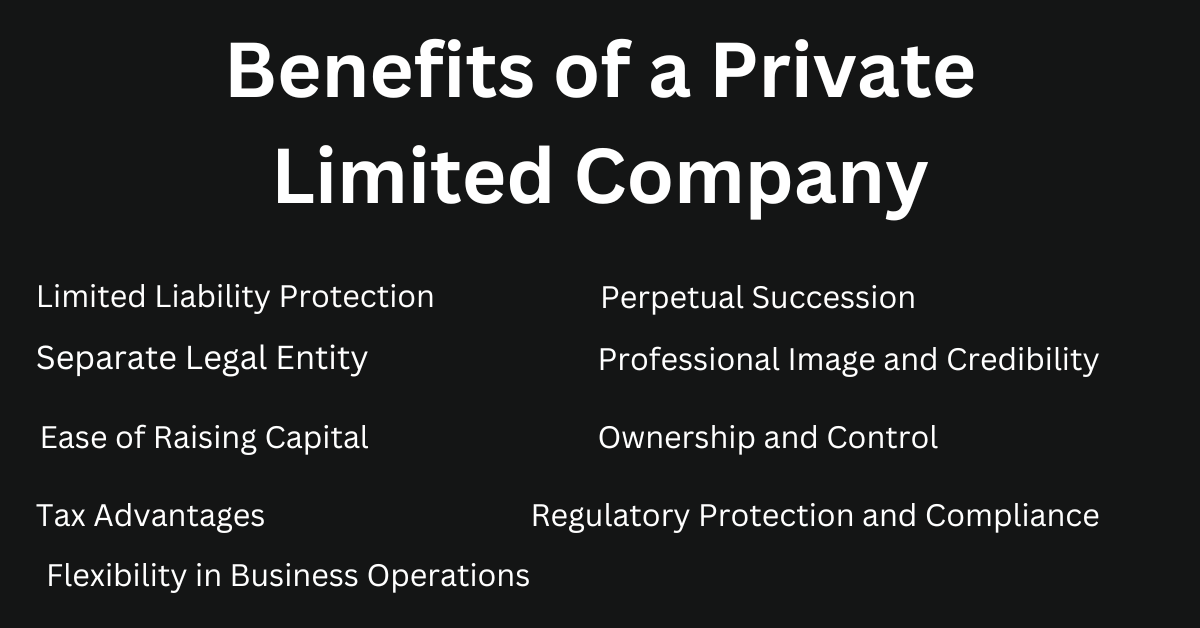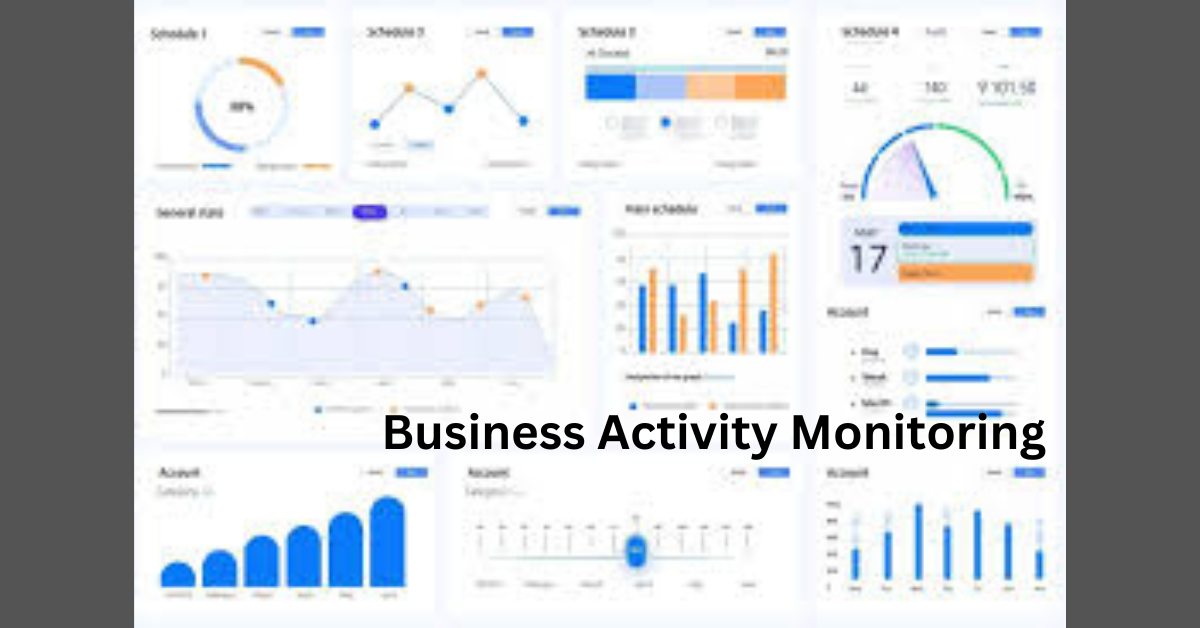Office Manager: The Backbone of Efficient Office Operations

Introduction
An office manager is a professional responsible for overseeing the daily administrative operations of an office. They manage tasks like coordinating office services, supervising staff, handling supplies, and maintaining a productive work environment. Their role ensures smooth and efficient office functionality.
In this article, we will explore the role of an office manager, their responsibilities, skills required, and the impact they have on an organization.
1. Role of an Office Manager
The office manager is responsible for managing the day-to-day administrative functions of an office. This role can vary depending on the size and type of organization, but typically involves coordinating office services, supervising administrative staff, managing office supplies, and ensuring that the workplace runs efficiently. An office manager also acts as the point of contact for employees and management when it comes to operational concerns, streamlining communication across the business.
In some smaller organizations, office managers may also take on additional duties such as bookkeeping or HR tasks, making them an even more versatile resource.
2. Key Responsibilities of an Office Manager
An office manager wears many hats to keep an office running smoothly. Key responsibilities often include:
- Office Coordination: Managing office schedules, meetings, and events.
- Administrative Supervision: Overseeing administrative staff and ensuring they are completing tasks effectively.
- Supply Management: Ordering and maintaining office supplies and equipment to ensure that employees have the resources they need.
- Facilities Management: Ensuring the office space is well-maintained, addressing any repair or maintenance needs as they arise.
- Budgeting: Handling the office budget, keeping track of expenses related to office supplies, equipment, and utilities.
- Policy Implementation: Enforcing office policies and procedures to maintain order and professionalism in the workplace.
- Communication Management: Acting as the main point of contact between departments, management, and external stakeholders.
3. Skills Required for an Office Manager
To succeed in this role, an office manager must possess a diverse skill set. Essential skills include:
- Organizational Skills: Office managers need to be highly organized to handle multiple tasks, coordinate schedules, and keep the office running smoothly.
- Communication Skills: Strong verbal and written communication skills are necessary for liaising with staff, management, and external vendors.
- Problem-Solving: Office managers often have to deal with unexpected issues, from equipment malfunctions to staff concerns, requiring a proactive approach to problem-solving.
- Leadership and Teamwork: As office managers often supervise administrative teams, leadership skills are important to motivate and guide employees.
- Time Management: Balancing multiple duties efficiently is key, making time management an essential skill for an office manager.
- Tech-Savvy: Familiarity with office software, project management tools, and communication platforms is crucial for efficient office operations.
4. Importance of an Office Manager in a Company
An office manager contributes directly to the productivity and success of an organization by ensuring smooth day-to-day operations. They help create an organized, structured work environment where employees can focus on their tasks without administrative obstacles. Without an efficient office manager, processes might slow down, staff may struggle to access resources, and overall workflow could suffer.
Additionally, office managers are often involved in fostering a positive office culture, organizing team-building activities, and maintaining morale.
5. Office Manager vs. Administrative Assistant
While the roles of an office manager and an administrative assistant can overlap, they are distinct positions. Administrative assistants typically focus on clerical and support tasks for individual employees or departments, while office managers oversee broader office functions and have more responsibilities related to management, supervision, and office policies.
An office manager often acts as a leader for administrative assistants, delegating tasks and providing guidance on how to manage office duties effectively.
6. The Office Manager’s Role in Financial Management
Office managers frequently handle or contribute to the management of the office budget. This involves:
- Monitoring Expenditures: Tracking office-related expenses such as supplies, equipment, utilities, and services.
- Cost Reduction: Finding ways to cut costs without compromising office efficiency, such as negotiating with suppliers or switching to more cost-effective options.
- Budget Reporting: Keeping management informed about the office’s financial status by preparing regular reports on expenditures and remaining budget.
- Invoice Processing: Coordinating with the finance department to ensure vendors are paid on time and expense reports are accurate.
7. Office Manager in Human Resources
In many companies, especially smaller ones, the office manager plays a dual role by taking on certain human resource responsibilities. These may include:
- Onboarding New Employees: Assisting with the orientation process, providing office tours, and explaining company policies.
- Managing Employee Records: Keeping track of employee files, attendance records, and leave requests.
- Staff Support: Acting as a liaison between employees and HR or management, addressing staff inquiries, and helping resolve workplace issues.
- Recruitment Assistance: Participating in the recruitment process by scheduling interviews, preparing job postings, and coordinating with recruiters.
9. Best Practices for Office Managers
For office managers to excel in their role, certain best practices can be adopted:
- Continuous Learning: Stay updated with new tools, software, and best practices in office management to stay ahead of the curve.
- Prioritize Communication: Maintain clear lines of communication with both staff and management to ensure smooth operations and minimize misunderstandings.
- Foster Team Spirit: Organize team-building activities and encourage a collaborative work culture to boost morale and productivity.
- Be Proactive: Anticipate issues before they arise and take the initiative to solve them, rather than waiting for problems to develop.
- Stay Organized: Utilize project management tools, calendars, and checklists to stay on top of tasks and deadlines.
FAQs
1. What are the key responsibilities of an office manager?
An office manager is responsible for coordinating daily office operations, managing administrative staff, handling office supplies, maintaining budgets, and ensuring the office environment runs smoothly.
2. What skills are necessary for a successful office manager?
Key skills include organizational abilities, strong communication, problem-solving, leadership, time management, and a good understanding of office technology and software.
3. How does an office manager contribute to office culture?
Office managers often play a role in fostering a positive work environment by organizing team-building activities, supporting staff, and maintaining a productive and organized office space.
4. Can an office manager handle financial tasks?
Yes, many office managers are responsible for managing the office budget, tracking expenditures, and preparing financial reports.
5. What’s the difference between an office manager and an administrative assistant?
An administrative assistant typically supports specific individuals or departments with clerical tasks, while an office manager oversees the entire office’s operations and manages a broader range of responsibilities.
Conclusion
The role of an office manager is essential to the success of any office environment. They ensure smooth day-to-day operations, foster positive office culture, and handle a wide range of tasks from budgeting to human resources. By mastering key skills and staying proactive, office managers not only keep things running efficiently but also contribute to the overall success of the company. Whether in a small business or a large corporation, the office manager remains a vital part of the organizational structure.





